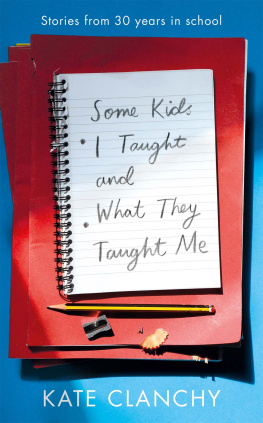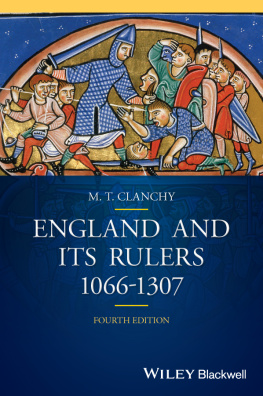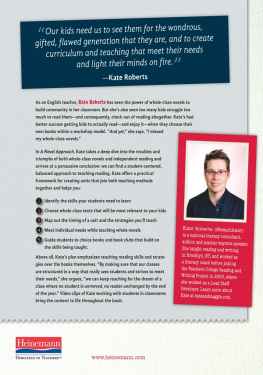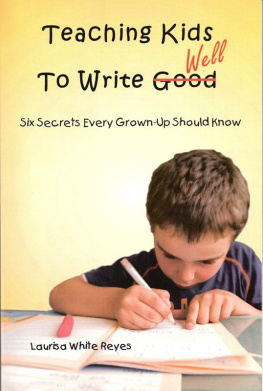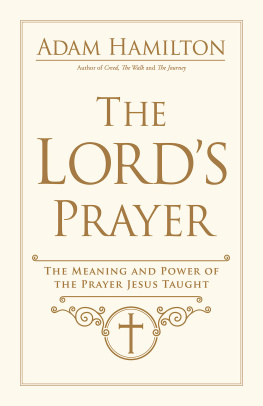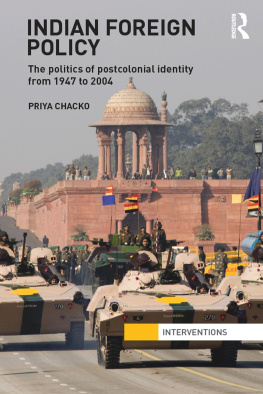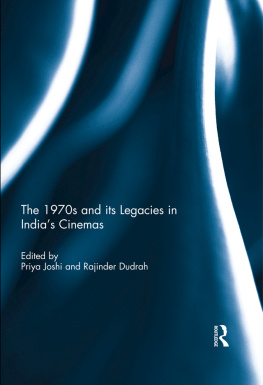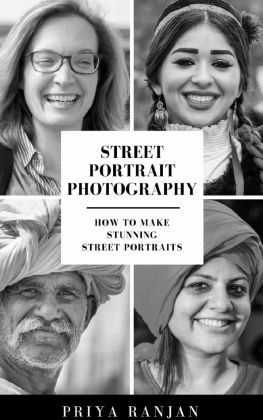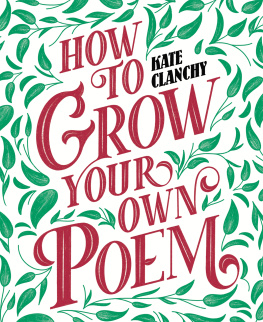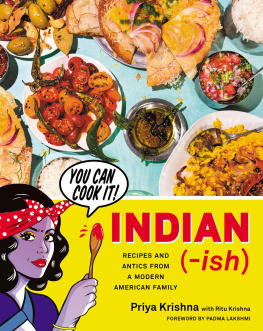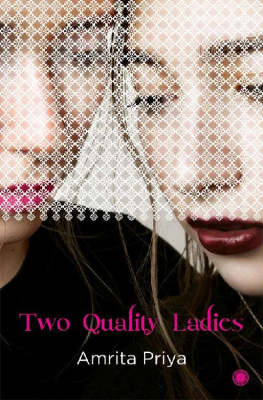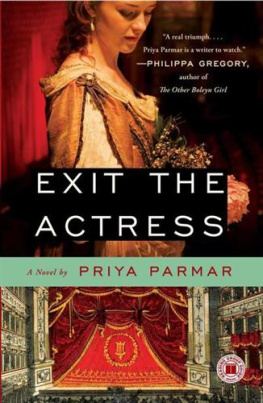Acknowledgements
Dear Colleagues: this book is full of my debts to you. I would name you all, but then the kids would be more identifiable, and I know you always put them first. So if you have worked with me, please imagine your name here and accept my thanks.
I am very grateful to Zo Waldie and Kris Doyle for their guidance and excellent edits, and to Paul Baggaley and all at Picador for their unstinting support over many years.
NOVELS
Meeting the English
POEMS
Slattern
Samarkand
Newborn
Selected Poems
The Picador Book of Birth Poems (ed.)
England: Poems from a School (ed.)
NON-FICTION
Antigona and Me
SHORT STORIES
The Not-Dead and the Saved
Some Kids I Taught
and
What They Taught Me
Kate Clanchy is a writer, teacher and journalist. Her poetry collection Slattern won a Forward Prize. Her short story The Not-Dead and the Saved won both the 2009 BBC National Short Story Award and the VS Pritchett Memorial Prize. Her novel Meeting the English was shortlisted for the Costa Prize. Her BBC Radio 3 programme about her work with students was shortlisted for the Ted Hughes prize. In 2018 she was appointed MBE for services to literature, and an anthology of her students work, England: Poems from a School, was published to great acclaim.
About Love, Sex, and the Limits of Embarrassment
Callum, Paul, Liam, Akash, Emmanuel, and Javel
Callums Dog
To begin at the very beginning, with sperm and egg, with condoms and cucumbers, with ghastly line drawings of urethras and sperm ducts, and me, just starting out as a teacher. To go all the way back to the very early nineties, and to a small town on the east coast of Scotland. The Tories had been in power since way before I could vote, and Section 28, which notoriously forbade the promoting of homosexuality in schools, was still law. These were the just-post-Thatcher years, and the mining industry in Scotland was a warm corpse, a popped boil, its raw red bings and destroyed communities disfiguring the central belt. They were the Trainspotting years, when drugs were rampant in the estates of Edinburgh, hundreds had died of infected needles, and thousands more were infected with HIV.
And so, one fine day, the High Heejuns, as the powers that be are called in Scotland, looked at this toxic list of miseries, and decided that Something Must be Done, and, as usual, that the Something would probably be easiest and cheapest done in schools. Education, then and now, is far more centralized in Scotland than in England, so it was not long before books, schemes of work, and acetate illustrations for that then-cutting-edge piece of classroom equipment, the overhead projector, were on their way to Blastmuir High School, where I had a temporary job, and to the muggins in charge of the target group of thirteen-year-olds: me.
Lord, how young I was twenty-four, and in my fluffy-haired photos I look even younger. My Second Years, though, still looked like children to me, even though they were entering their teens: all of them so short, so hunched in their wee anoraks. My eye was tuned in to the multiracial London pupils Id taught the year before, who had, by the same age, Somali height or Cypriot bosoms or styled, stiff Japanese hair, or at the very least a different, flamboyant way with the school jumper. These winter-coloured, mouse-haired children, so pale and so freckly, with their muttering, sibilant names Fraser, Struan, Susan, Fiona, Catriona; I was having difficulty, as Prince Philip said he had with Chinese people, in telling them apart.
Or in teaching them, really. It wasnt that I couldnt keep them quiet on the contrary, if I was stern and cold, they were easy to bid it was that I couldnt get them to talk. In London, I had become used to vocal children, from talking cultures: Turkish girls who, halfway through a test or a telling-off, stroked your jacket and asked you where you got it; multi-lingual, super-sophisticated Ugandan Asians who would raise their hands to answer any question with a full paragraph; Jewish becks with swathes of curly hair who turned every classroom into a friendly street corner where the neighbourhood was debating the great issues of the day. My lessons, there, turned always on acting out and making up if there wasnt a chance to divide into small groups and perform a scene, preferably with a dance and original song included, my London pupils saw it as an hour wasted.
In Blastmuir, these lessons failed spectacularly. How? the Blastmuir kids begged, if I asked them to interpret four lines of Macbeth. Act it out how? And, if I forced the issue, they would come to the front, stand in a row and read the lines in a very fast monotone, to their socks. They didnt dance, here. They knew no songs. My London students had spent their lunchtimes plaiting each others hair, their hands always on each other, cuddling and stroking. Blastmuir kids didnt touch. Instead, small boys paced the corridors alone with outsize bags; outside class, boys and girls stood in ranks, backs to opposite walls, as if at an eighteenth-century dance. The older boys played football, aggressively, out on the muddy field with those vast sports bags as goalposts, or walked to the chip shop down the long straight high street in groups of four. And if the older girls applied each others bright blue eyeshadow, or adjusted the pink stripes of blusher on one anothers freckly cheeks, or added more hairspray to their pale and rigid hair, they must have done so secretly, in the steel toilets, behind the bashed Formica walls, for I never saw it happen.
Even in the staffroom, teachers sat in divided rows, in high-backed chairs permanently dented by particular bottoms. Staff busied themselves rather than talk. One teacher explained to me that the stitching in her hand was a patchwork Christmas tree: they were such popular gifts that she had to start each Easter to have enough to give away at Christmas. Och, sighed a melancholy lady who proved to be the Head of French, och, I cant abide an orange. Its such a messy froot. And I longed for an orange, suddenly, in that green and khaki Nescaf-smelling room where we were stitching for Christmas, if only to prove this was 1992, and not the war.
Blastmuir kids, I decided, were better than my London students at just two things: spelling wh sounds, for they had a strong, hooting h in their speech that made where and which entirely different from were and witch; and keeping a straight face while hissing deadly insults at each other from half-closed mouths. This I learned to cultivate: maybe Blastmuir kids wouldnt make things up, but they loved a formal debate. I found that with a little push you could create a literary argument: for example, between Macduff and Macbeth. Across the classroom, they hissed and hooted Scandinavian syllables at each other, flyting in the style of Thor and Odin: Macbeth, you cannae be king. Youre no the right sort. Youse is a scaffie wee schemie, so youse are.
Scaffie meant grubby, uncared for; and schemie one who lived in a council housing scheme, as opposed to your ain hoose. This was an important distinction to my Blastmuir students, one always visible to them however invisible it might be to me, and often raised in class. Schemie was a grave insult, but it had nothing on the comeback: Macduff, youse and Banquo is gayboys and youse know it. For gay was Blastmuirs biggest word: its enforcer word; the category into which no one would put themselves. It didnt mean homosexual, exactly, or not just that: it meant foreign, citified; it meant dancing, touching; it meant making things up; it meant verboten

